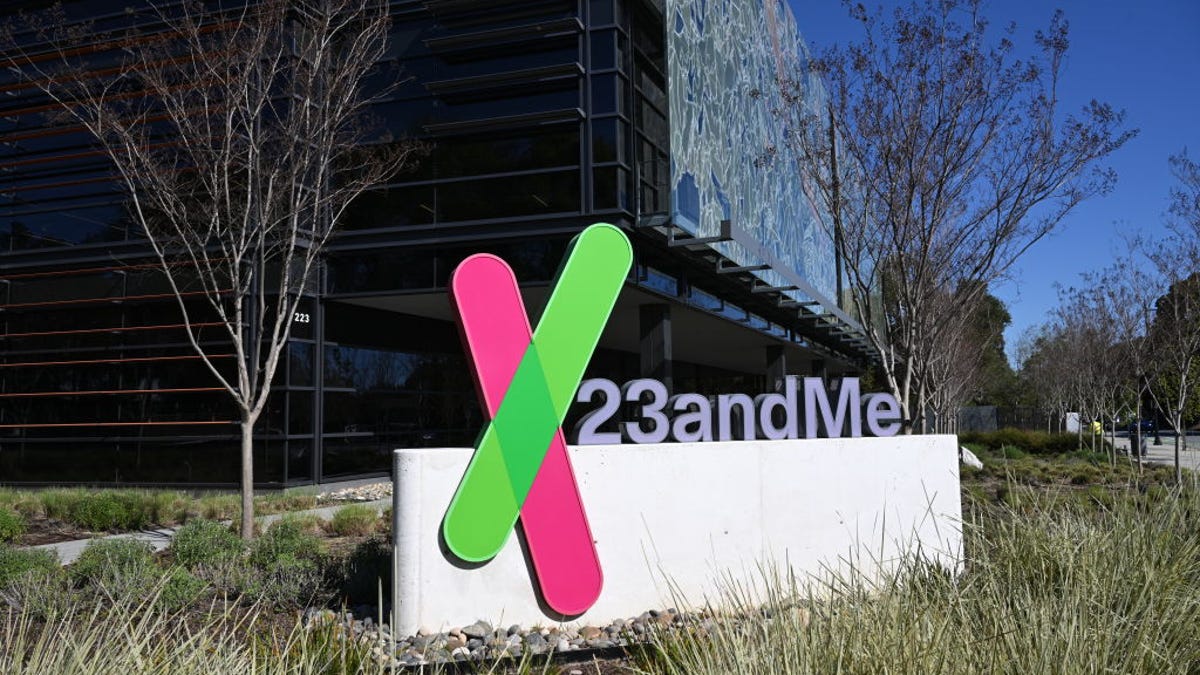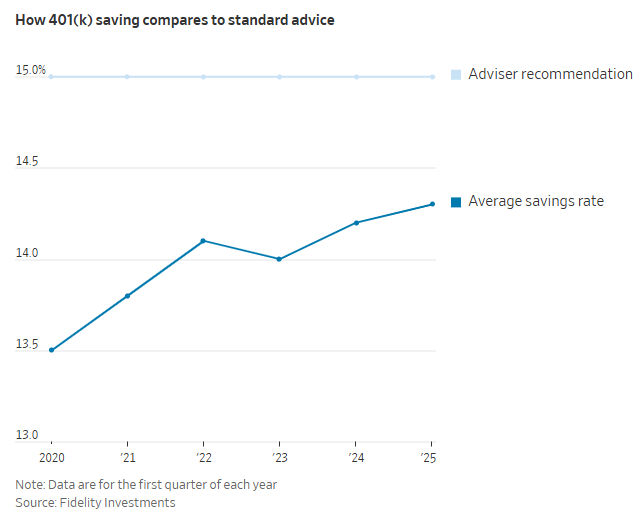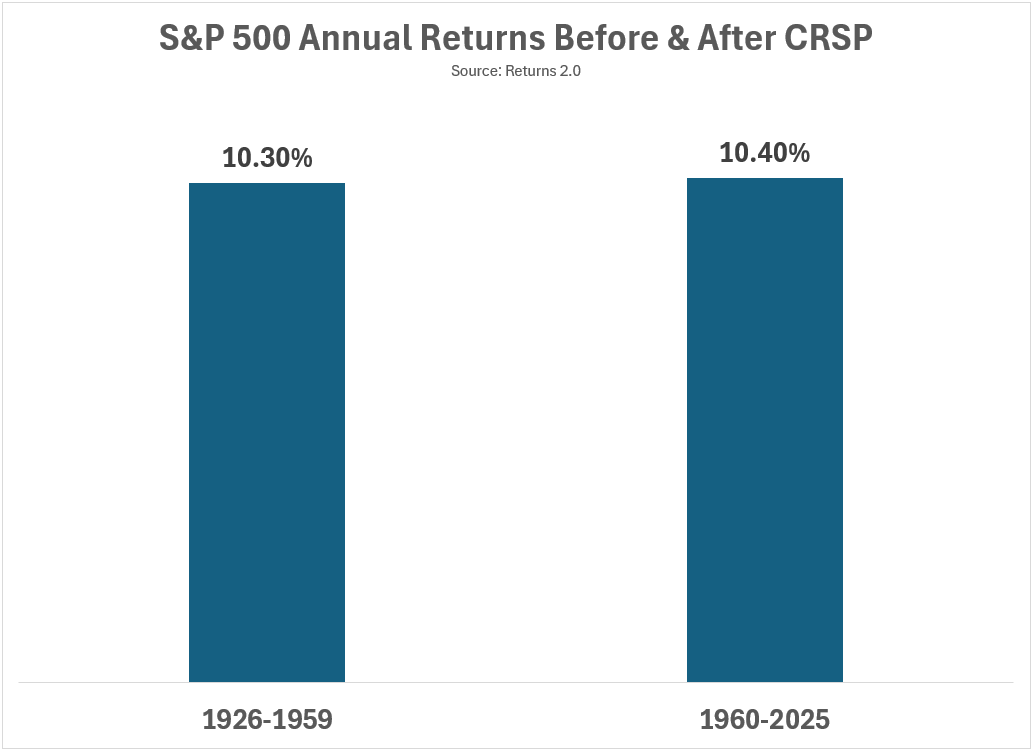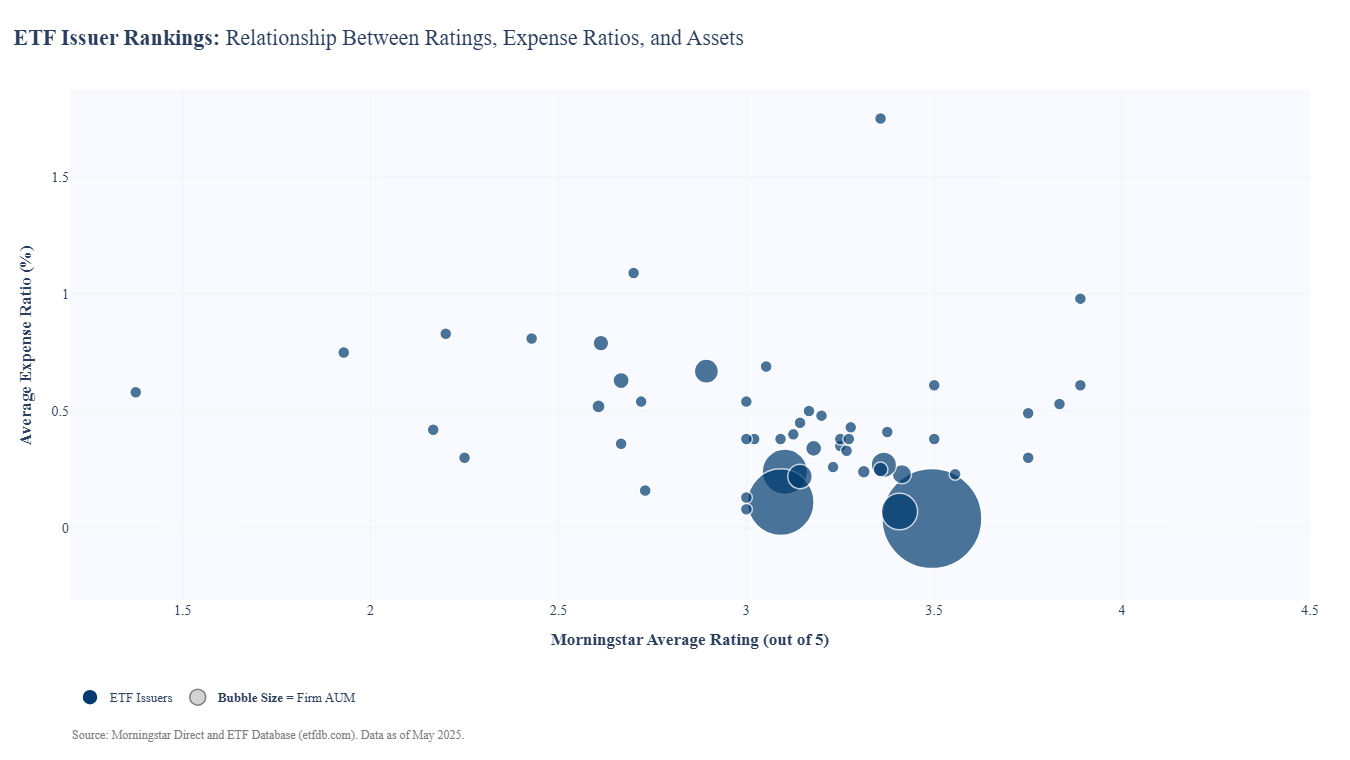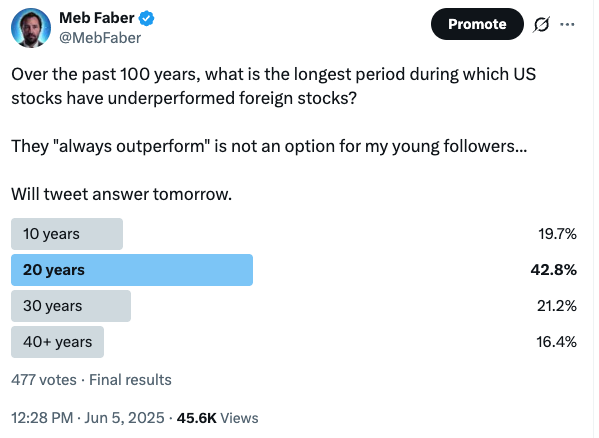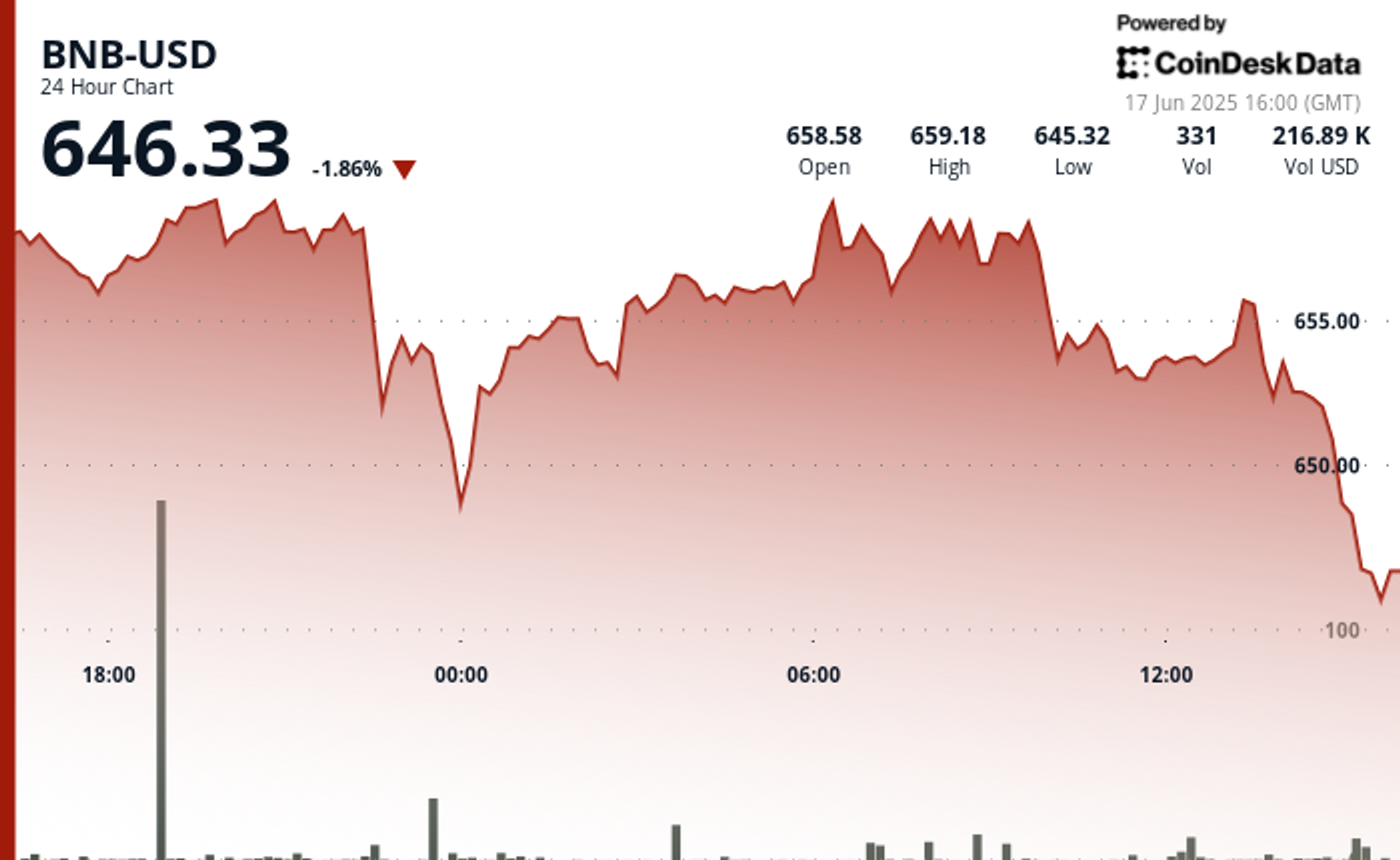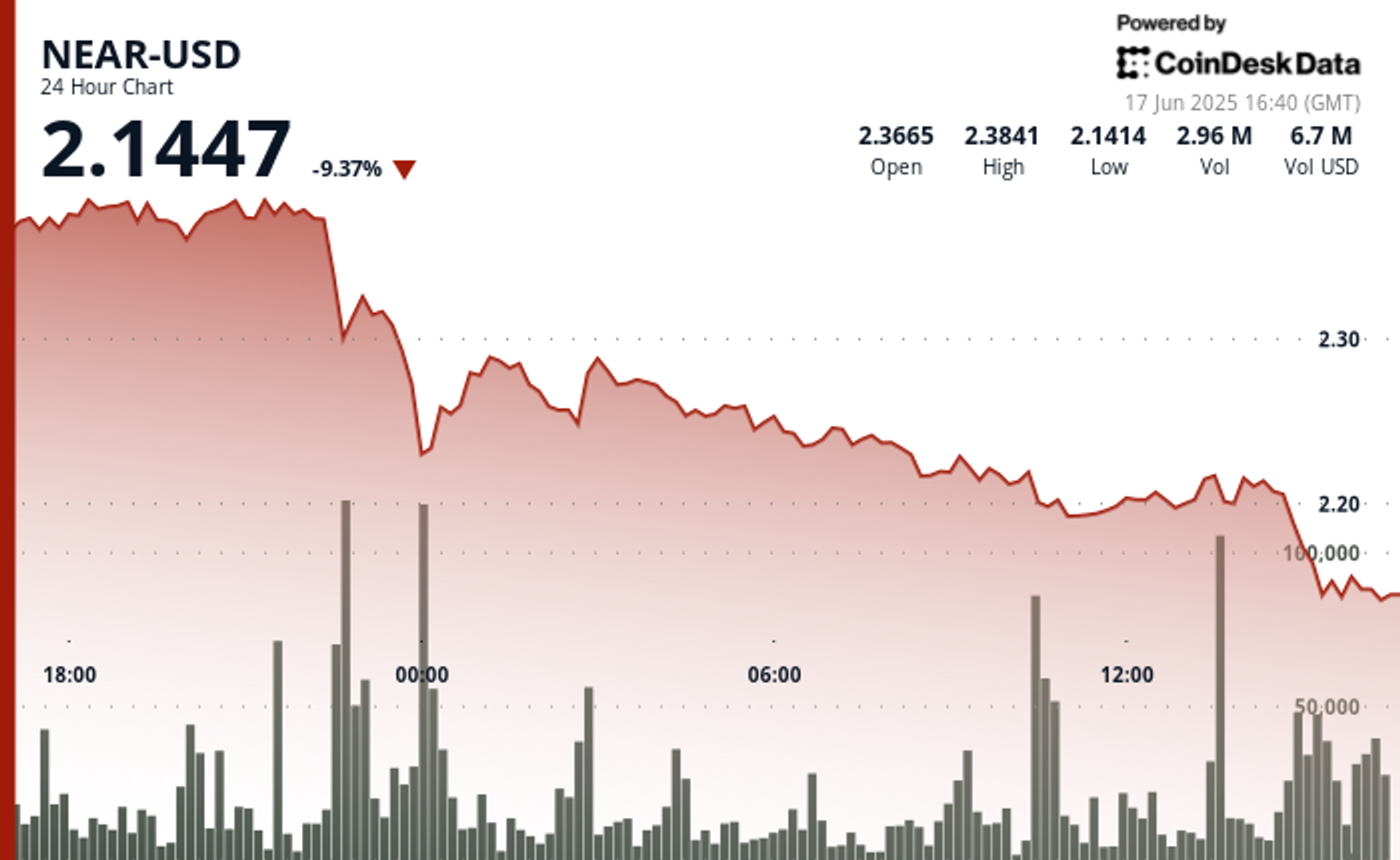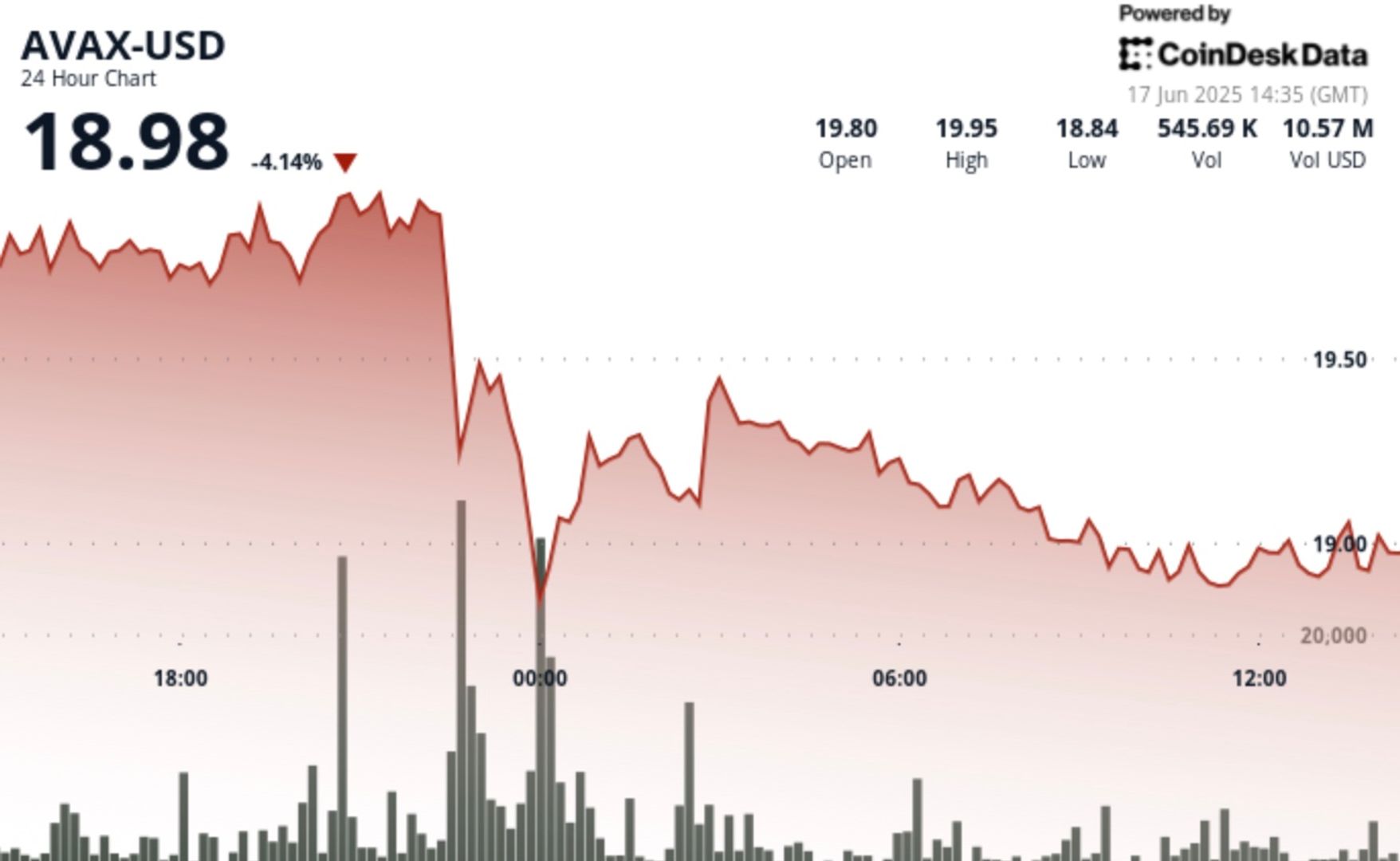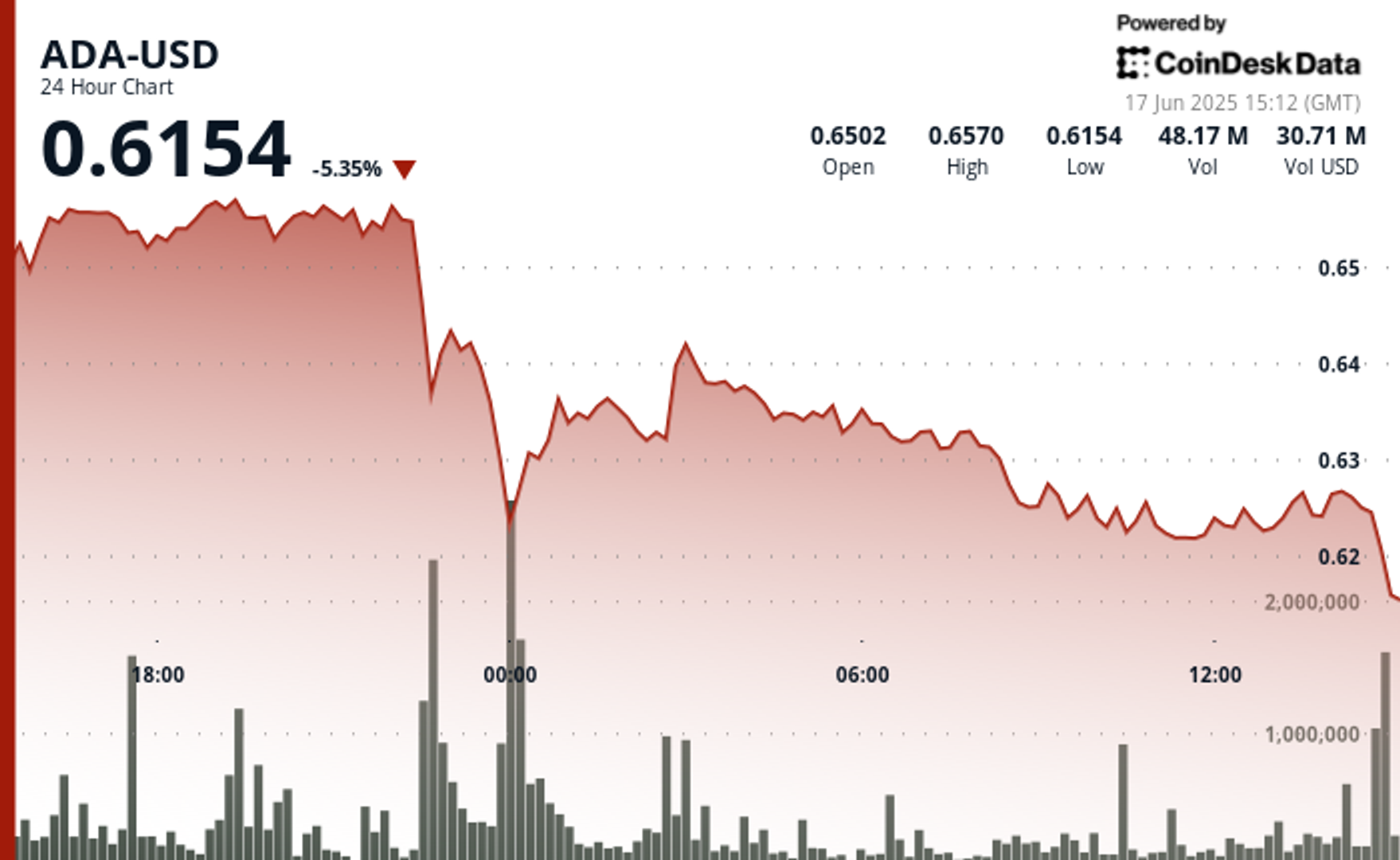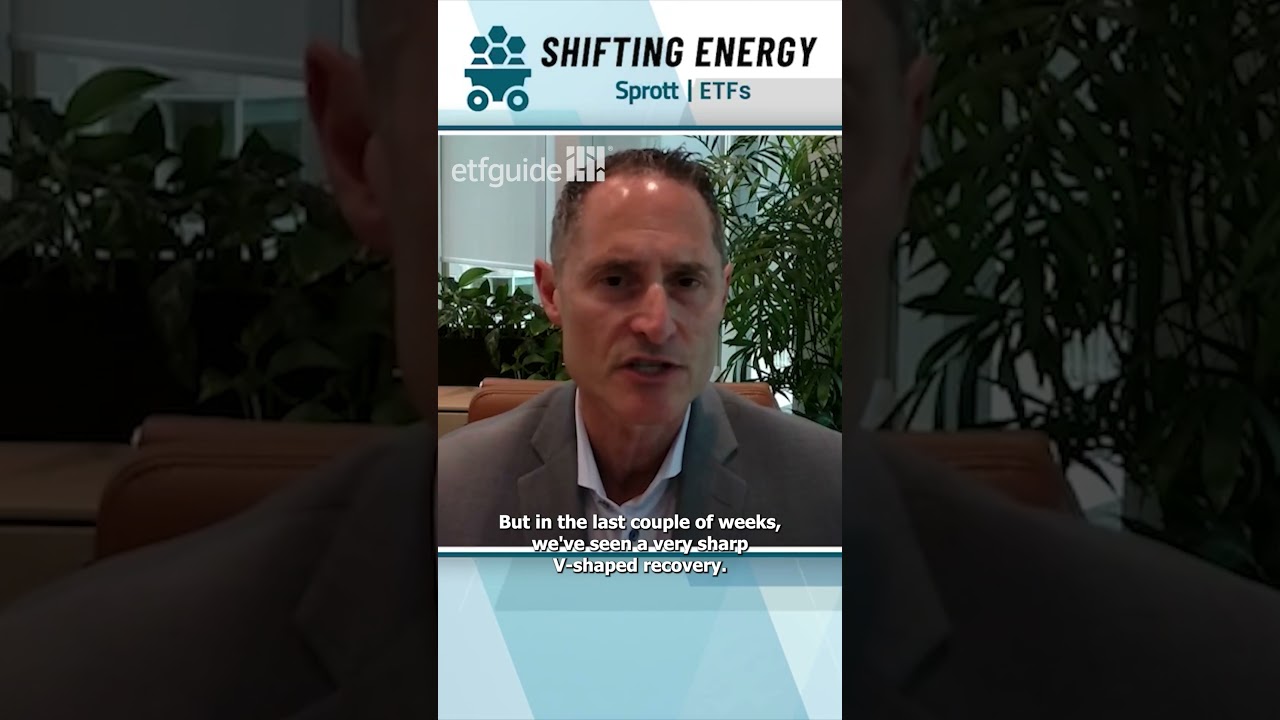My financial advisor took 40% of my gains. Time to move on?
When someone comes to your home to clean your gutters for you, you expect to pay them, right? And when someone comes to fix your plumbing, it’s not a shock when you have to hand over money to pay the bill. But for some reason, people don’t seem to take kindly to the fees […] The post My financial advisor took 40% of my gains. Time to move on? appeared first on 24/7 Wall St..

Key Points
-
It’s common for financial advisors to charge a fee that’s a percentage of assets under management.
-
Your fee generally won’t be calculated on your gains only.
-
If you’re uncomfortable with your financial advisor’s fees, it may be time to have a talk or find someone new.
-
Are you ahead or behind on your savings goals? SmartAsset’s free tool can match you with a financial advisor in minutes to help you answer that today. Each advisor has been carefully vetted, and must act in your best interests. Don’t waste another minute; get started by clicking here.(Sponsor)
When someone comes to your home to clean your gutters for you, you expect to pay them, right? And when someone comes to fix your plumbing, it’s not a shock when you have to hand over money to pay the bill.
But for some reason, people don’t seem to take kindly to the fees financial advisors charge. And that’s understandable when you don’t feel that you’re getting great value. But it’s also important to have a clear sense of how your financial advisor makes their money before signing up to work with them.
In this Reddit post, we have someone who’s upset because their financial advisor’s fee amounted to 40% of the gains in their portfolio. They gained $2,330 but paid $922 in advisor fees in a year, so they’re not happy. But it’s not fair to assume that their financial advisor did anything wrong.
Understand how your financial advisor gets paid
There are different payment structures financial advisors use. Some charge an hourly fee for guidance. Others charge a flat fee.
Another common fee model is to charge a percentage of assets under management. And 1% is a fairly common threshold in this context (though some advisors charge a higher or lower percentage based on different factors). This means that if you have a $100,000 portfolio your financial advisor is managing, your fee might be $1,000 per year.
If your financial advisor’s strategy earns you $16,000 in a given year, you may have no problem losing $1,000 of it to their fee. But if they only help you make $2,300, losing $1,000 may not sit well with you.
The thing to remember, though, is that financial advisor fees usually aren’t calculated based on gains. Rather, they’re based on the size of your portfolio.
While the poster above has a right to be upset, it’s not unusual for a financial advisor to charge a fee based on the value of the entire portfolio — even if it’s a large chunk of the gains that are captured. That’s just the way these arrangements typically work.
If it’s any consolation, financial advisors want their clients to do well, because the more money their portfolios gain, the more fees they can collect. But it’s generally too risky for a financial advisor to get paid based on gains only. All it takes is a stock market decline outside of anybody’s control to leave your financial advisor earning nothing.
Speak up if your financial advisor’s fees aren’t working for you
If you’re in a similar situation to the one the poster is in, there’s nothing wrong with talking to your financial advisor and seeing what they can do for you. For one thing, they may be willing to reduce their fee, especially if your portfolio doesn’t require a ton of work. Or, they may be able to recommend a different fee structure.
For example, it may be that you don’t need a financial advisor managing your money on an ongoing basis. Maybe you just need some advice on how much money to save each month and what type of insurance to buy for your family.
If so, you may be able to pay your financial advisor an hourly or flat fee for their time but take over the management of your portfolio. That could save you money in the long run.
If you’re going to do this, though, make sure you’re really willing to put in the time to oversee your investments. And also make sure you know what you’re doing.
Remember, in some cases, a financial advisor’s fee can more than make up for itself in the form of stronger portfolio gains. So don’t be too quick to assume that you shouldn’t pay it.
The post My financial advisor took 40% of my gains. Time to move on? appeared first on 24/7 Wall St..























